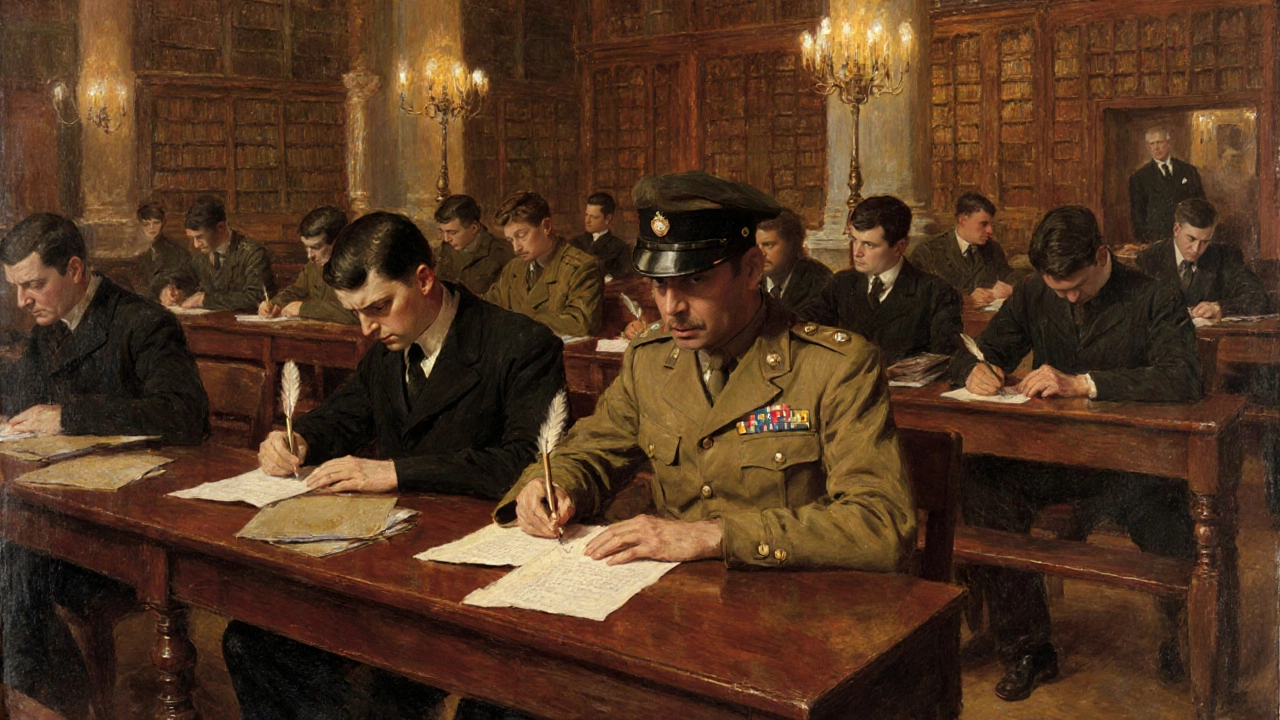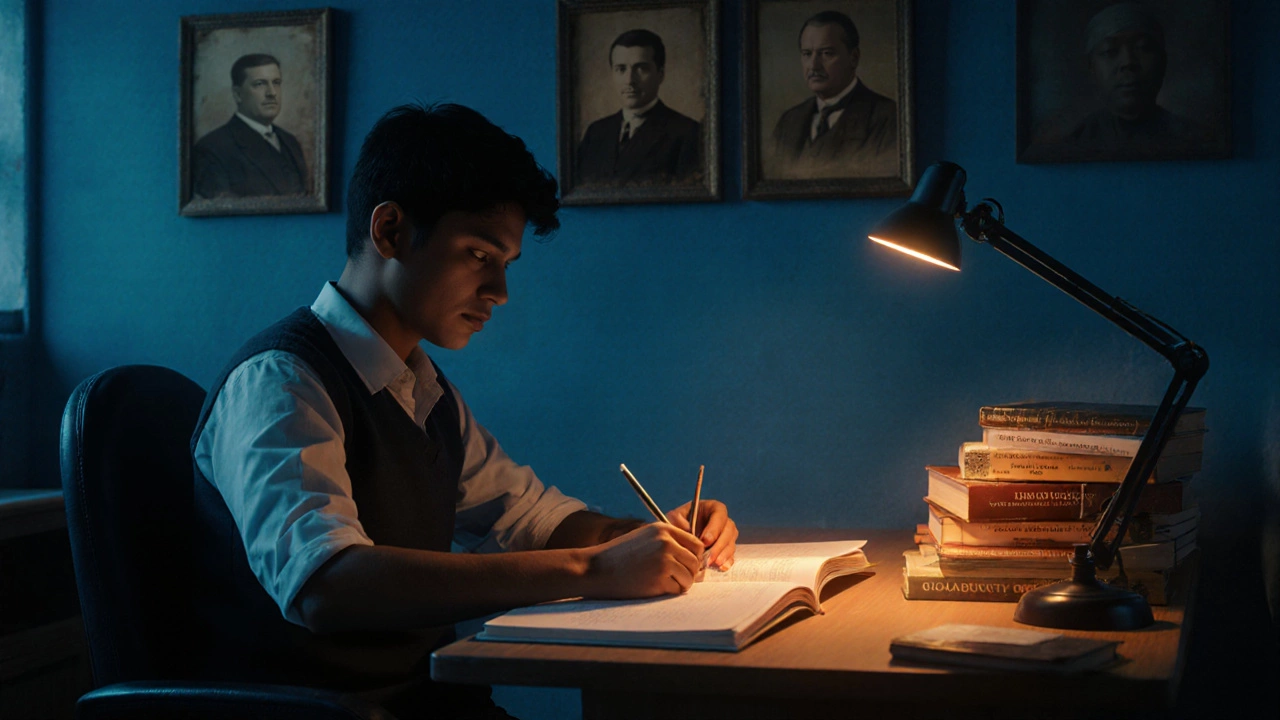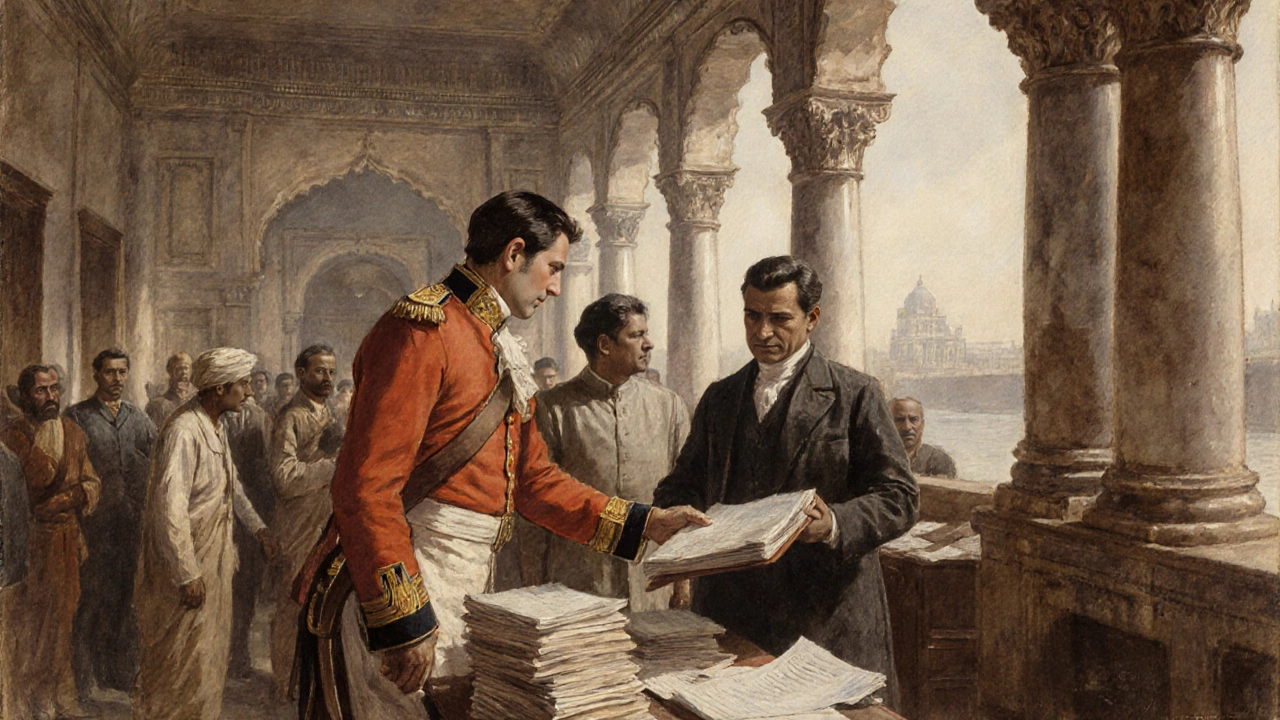When you hear the phrase “civil service in India”, most people picture modern officers handling everything from policy to disaster relief. But the roots go back to the colonial era, and a handful of British officials shaped the system we see today. Understanding who introduced the civil service helps you see why the training curriculum looks the way it does and what legacy you’re inheriting.
Why the British needed a new bureaucracy
By the early 19th century the British East India Company was controlling large swaths of the subcontinent. The company’s mercantile focus meant that administrative posts were often filled by soldiers or company servants with little formal training. Corruption, inefficiency, and local unrest pushed the British government to rethink governance.
The first push: Lord Macaulay’s vision
Lord Macaulay -a historian‑turned‑civil servant-argued in his 1835 essay “Minute on Indian Education” that a uniform, merit‑based bureaucracy was essential for “good government”. He advocated for a competitive examination system modeled on the British civil service, believing that educated Indians could serve as loyal administrators.
Formalizing the service: the 1853 examination
The turning point arrived with the First Civil Service Examination held in 1855 in London. Candidates, both British and Indian, had to clear rigorous papers in classics, mathematics, and law. This marked the birth of the Indian Civil Service (ICS), often called the “steel frame” of British administration.
Legislative backing: Government of India Act 1858
After the 1857 revolt, the Government of India Act 1858 transferred power from the company to the Crown. The Act created the role of Viceroy and reinforced the need for a professional civil service to maintain stability across the empire.

Key figures who shaped the early service
- Lord Canning, the first Viceroy, institutionalized the recruitment process and insisted on merit over patronage.
- Murray Russell, a senior member of the Indian administration, introduced systematic training camps in England for Indian cadets.
- Sir Charles Trevelyan, the Secretary of State for India, championed the establishment of a permanent Civil Service Commission in 1855 to oversee examinations and appointments.
How the early structure influences today’s training
Modern civil service courses still echo the original focus on broad knowledge, analytical ability, and ethical conduct. The UPSC (Union Public Service Commission) syllabi, for instance, retain subjects like history, geography, and public administration-mirroring the 19th‑century emphasis on a well‑rounded intellect.
Milestones at a glance
| Year | Event | Impact |
|---|---|---|
| 1835 | Lord Macaulay’s education essay | Idea of merit‑based recruitment introduced |
| 1853‑55 | First Civil Service Examination | Birth of the Indian Civil Service (ICS) |
| 1858 | Government of India Act | Crown assumes control; Viceroy created |
| 1861 | Establishment of Civil Service Commission | Standardized exam oversight |
| 1905 | Indianisation of services begins | More Indian officers appointed |
| 1947 | Independence | ICS transforms into Indian Administrative Service (IAS) |

Common misconceptions
Many think the civil service was a purely Indian invention, but the reality is a hybrid: British administrative theory blended with Indian talent. The early examinations were held in London, not Delhi, and the service’s ethos-neutrality, merit, and continuity-originated from the British civil service model.
What this means for aspiring officers
If you’re preparing for the UPSC or a state civil service exam, remember that the system’s DNA values analytical rigor and ethical responsibility. Training programs that stress essay writing, current affairs analysis, and leadership simulations are not modern fluff-they’re direct descendants of the 19th‑century training camps set up for Indian cadets.
Frequently Asked Questions
Who first introduced the civil service concept in India?
The idea was championed by Lord Macaulay in the 1830s, but the actual institution-the Indian Civil Service-was formalized with the first competitive examination in 1855.
What role did the Government of India Act 1858 play?
It transferred authority from the British East India Company to the Crown, cementing the need for a professional, centrally‑controlled civil service.
Why were the early exams held in London?
Holding exams in London ensured uniform standards and reflected the belief that the British model of meritocracy was the gold standard for governance.
How did the Indian Civil Service evolve after independence?
Post‑1947, the ICS was restructured into the Indian Administrative Service (IAS) and other All‑India Services, retaining the core principles of merit, neutrality, and continuity.
What can modern aspirants learn from the service’s history?
Focus on broad knowledge, analytical writing, and ethical decision‑making-just as the 19th‑century examiners emphasized. Training that blends current affairs with classical subjects mirrors the original curriculum.





Write a comment